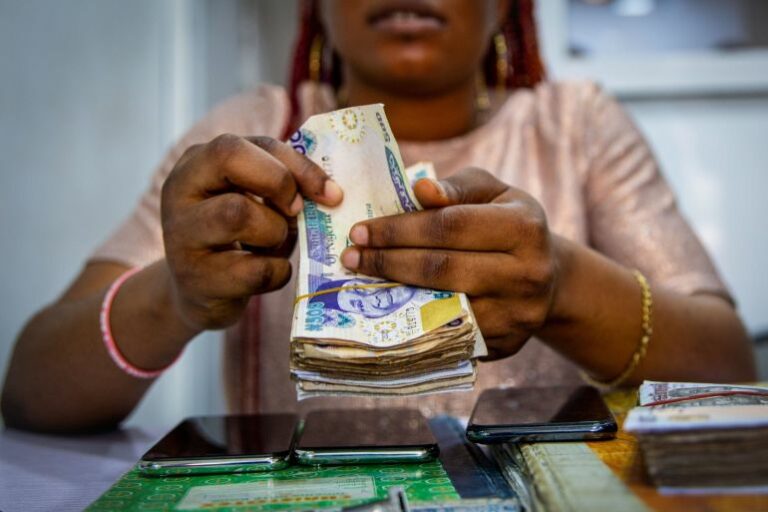Naira in Circulation Drops to N5tn in March 2025 Amid CBN Tightening Measures
The total amount of naira circulating in Nigeria’s economy fell to N5 trillion as of March 2025, continuing a downward trend from N5.24 trillion in January and N5.04 trillion in February, according to data from the Central Bank of Nigeria (CBN).
This decline in naira in circulation — which represents the total amount of physical money used in daily transactions, savings, and investments — is seen as part of CBN’s broader strategy to curb inflation and ensure monetary stability. A reduced supply of cash in the economy can help ease inflationary pressure by limiting excess liquidity.
In contrast, the CBN’s bank reserves grew to N28.52 billion in March, up from N27.57 billion in February and N27.43 billion in January. This gradual increase indicates the apex bank’s continued efforts to secure the financial system and maintain liquidity across commercial banks.
While the CBN’s special intervention reserves remained stable at N284.36 million over the three months, the overall money supply also recorded a slight dip. The total money supply declined for the first time in 2025, falling to N110.32 trillion in February from N110.94 trillion in January — a 0.56 percent month-on-month decrease.
This monetary contraction aligns with recent policy decisions by the CBN, which has been tightening liquidity and adjusting foreign exchange strategies to stabilise the economy and manage inflation effectively.
Interestingly, a year earlier in March 2024, naira in circulation had risen to N3.87 trillion, up from N3.69 trillion in February and N3.65 trillion in January. Back then, the currency outside of banks was also steadily increasing, showing more physical cash in use among citizens.
What does this decline mean for Nigerians?
This drop in currency circulation may signal reduced spending capacity or a shift toward digital transactions. It may also mean stricter control over cash flow by the CBN to manage inflation and guide the economy toward long-term stability.
















